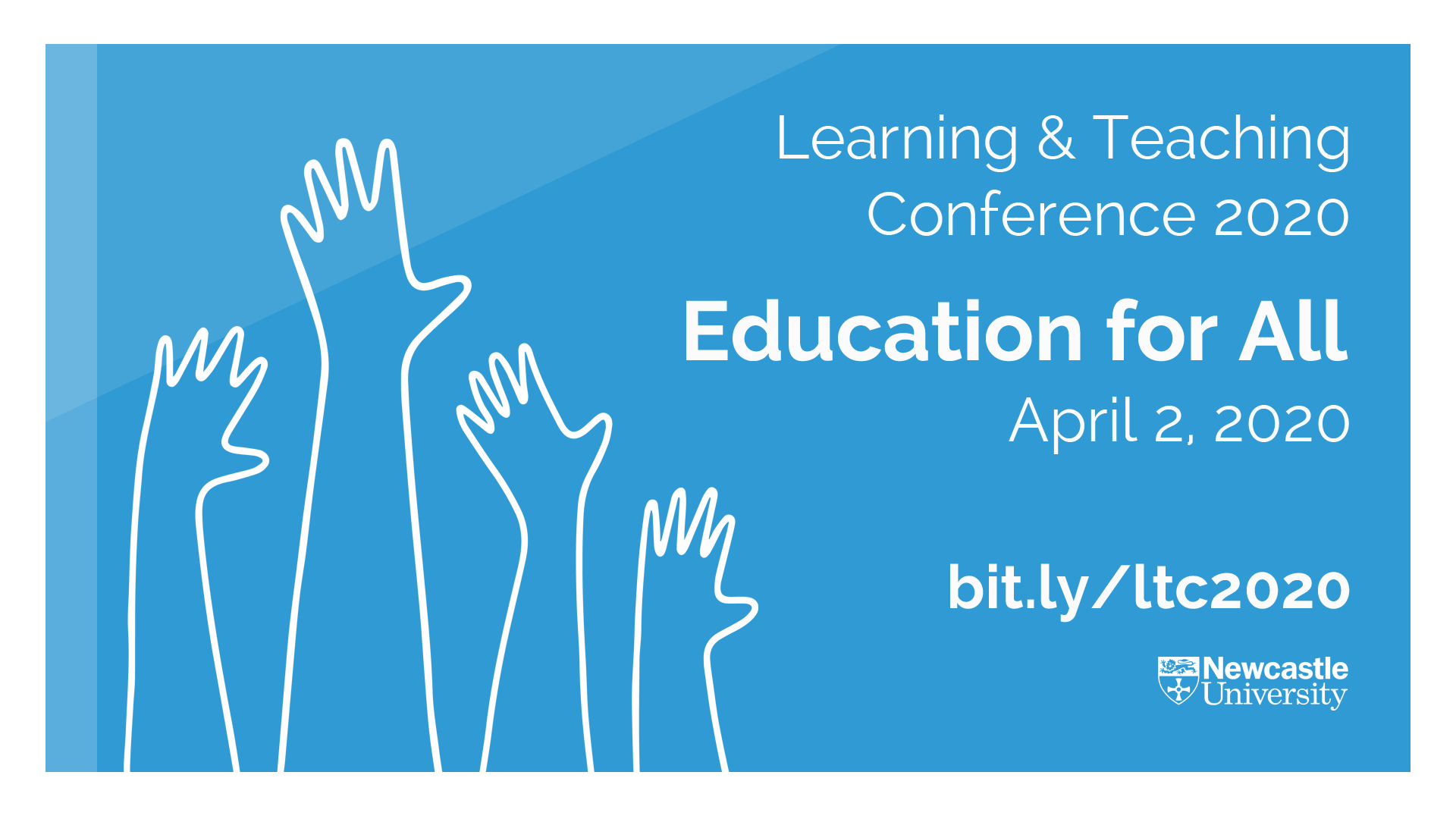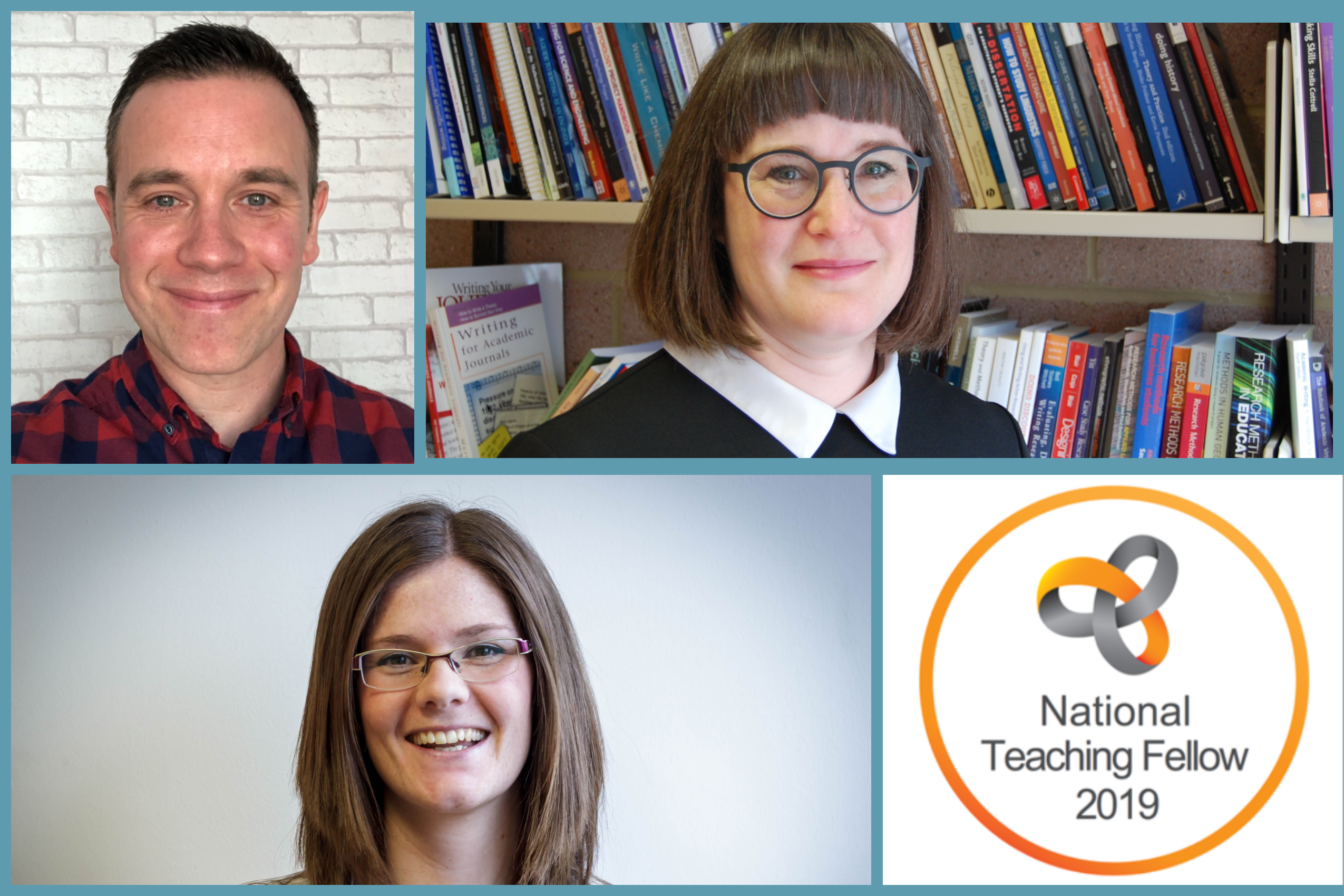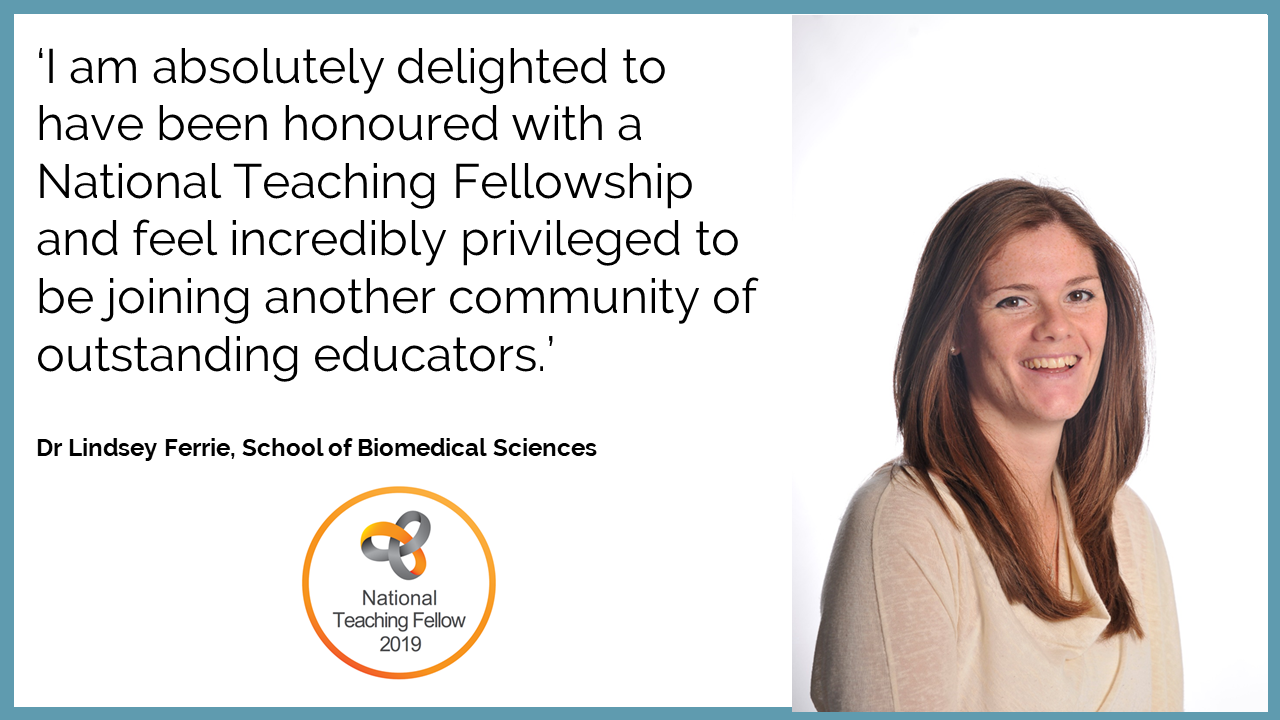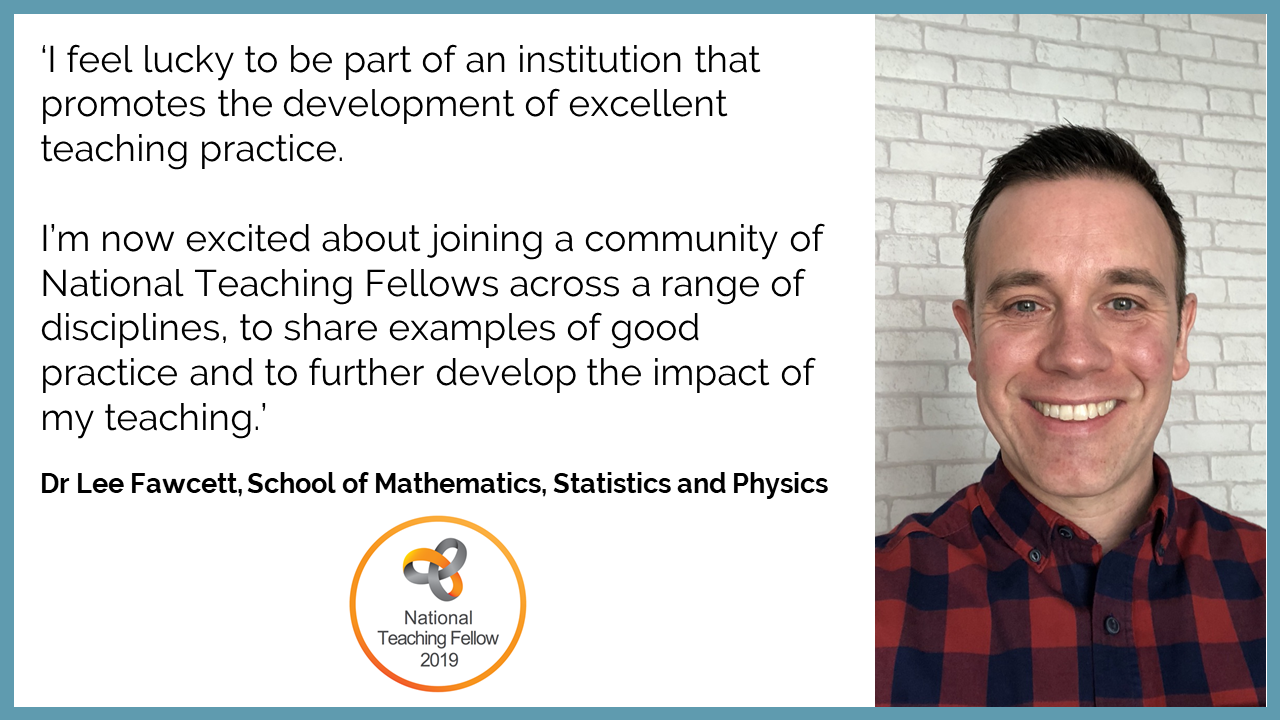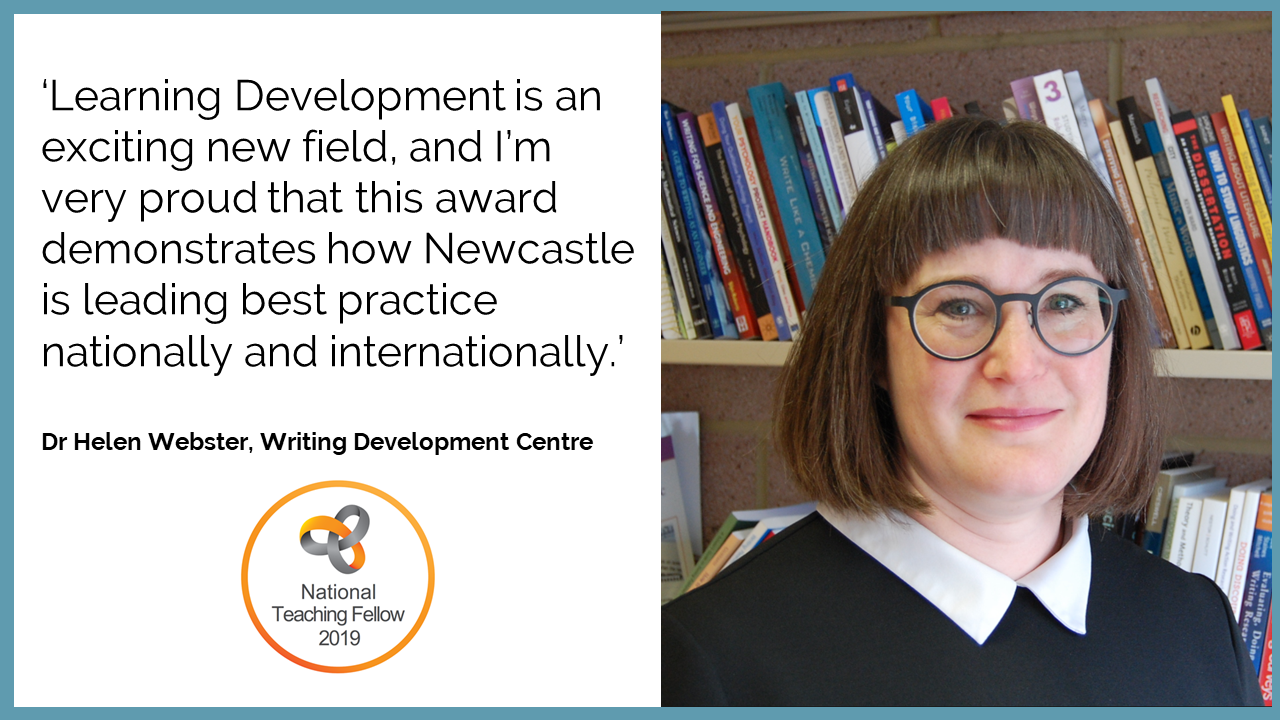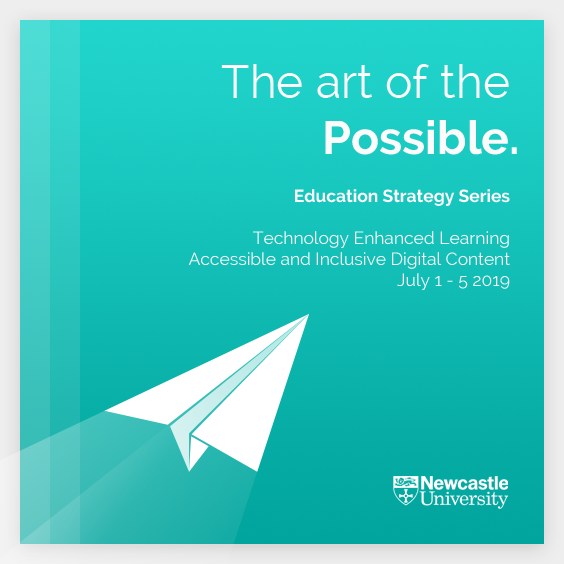Alistair McNaught, Subject Specialist, Accessibility and Inclusion
A long time coming…
Disability legislation has required organisations to make “reasonable adjustments” for disabled people since 1995. Unfortunately, the legislation did not define what a reasonable adjustment might look like. For the next 23 years, equalities legislation tried to improve the lived experience of disabled people, but without clarity about what was ‘reasonable’ it often failed. Many disabled students drop out of University courses not because the intellectual challenge is too hard, but because negotiating the basic resources is a daily uphill struggle.
The new public sector web accessibility legislation changes everything. For the first time ever it makes a concrete link between a failure to make a reasonable adjustment and a failure to meet the “accessibility requirement” for websites, VLEs and VLE content. The accessibility requirement for digital content is well established – so it’s very easy to tell if resources fail the ‘reasonable adjustment’ test.
Competence more than compliance
This does not mean not every teaching professional now has to become an accessibility professional, any more than an academic referencing a paper is expected to be an information professional. What it does mean is that professional communicators are expected to communicate using conventions and practices that minimise barriers. With a significant proportion of teaching staff having self-taught IT skills it’s little surprise that we don’t always know the best way to make our resources accessible. But the relevant skills are learned very quickly. They also benefit considerably more students than the 10% with visible or invisible disabilities.
Accessibility for everyone
For too many years, accessibility has “belonged to” the disability support team. This is as unrealistic as hygiene in a restaurant belonging to the chef, with nobody else having awareness of training. Higher education institutions have complex digital ecosystems and accessibility needs to be a ‘hygiene factor’ that threads through the organisation’s policy and practice. The encouraging thing is that the vast majority of accessibility is a combination of good design, good practice, good resources, good pedagogy and good procurement policies. What is there not to like?
Find out more
In the Education Strategy Series: The Art of the Possible, Alistair McNaught will work with different groups of staff in the University to try to do what accessibility should do for everyone: enlighten, empower, support and inspire. Bring your own experience, skill and ambition – the catalysts for culture change.
Find out more about the events and book your place.

